The Pathans
By: Olaf Caroe
-
Rs 1,606.50
- Rs 1,785.00
- 10%
You save Rs 178.50.
Due to constant currency fluctuation, prices are subject to change with or without notice.
Zubin Mehta: A Musical Journey (An Authorized Biography)
By: VOID - Bakhtiar K. Dadabhoy
Rs 630.00 Rs 1,050.00 Ex Tax :Rs 630.00
The PowerScore LSAT Bible Workbook Trilogy
By: David M. Killoran
Rs 42,205.50 Rs 46,895.00 Ex Tax :Rs 42,205.50
The Hitler Years ~ Disaster 1940-1945
By: Frank McDonough
Rs 2,515.50 Rs 2,795.00 Ex Tax :Rs 2,515.50
The Origins of Political Order From Prehuman Times to the French RevolutioN
By: Francis Fukuyama
Rs 3,505.50 Rs 3,895.00 Ex Tax :Rs 3,505.50
The PowerScore LSAT Bible Workbook Trilogy
By: David M. Killoran
Rs 42,205.50 Rs 46,895.00 Ex Tax :Rs 42,205.50
The Hitler Years ~ Disaster 1940-1945
By: Frank McDonough
Rs 2,515.50 Rs 2,795.00 Ex Tax :Rs 2,515.50
No recently viewed books available at the moment.
Zubin Mehta: A Musical Journey (An Authorized Biography)
By: VOID - Bakhtiar K. Dadabhoy
Rs 630.00 Rs 1,050.00 Ex Tax :Rs 630.00
The PowerScore LSAT Bible Workbook Trilogy
By: David M. Killoran
Rs 42,205.50 Rs 46,895.00 Ex Tax :Rs 42,205.50
The Hitler Years ~ Disaster 1940-1945
By: Frank McDonough
Rs 2,515.50 Rs 2,795.00 Ex Tax :Rs 2,515.50












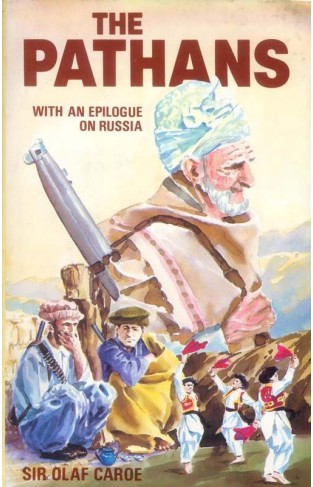

-120x187.jpg?q6)





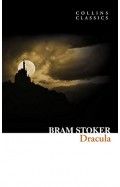


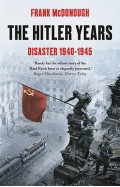

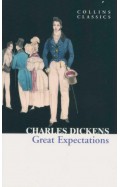


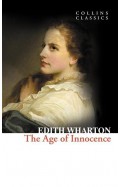

-120x187.jpg?q6)

